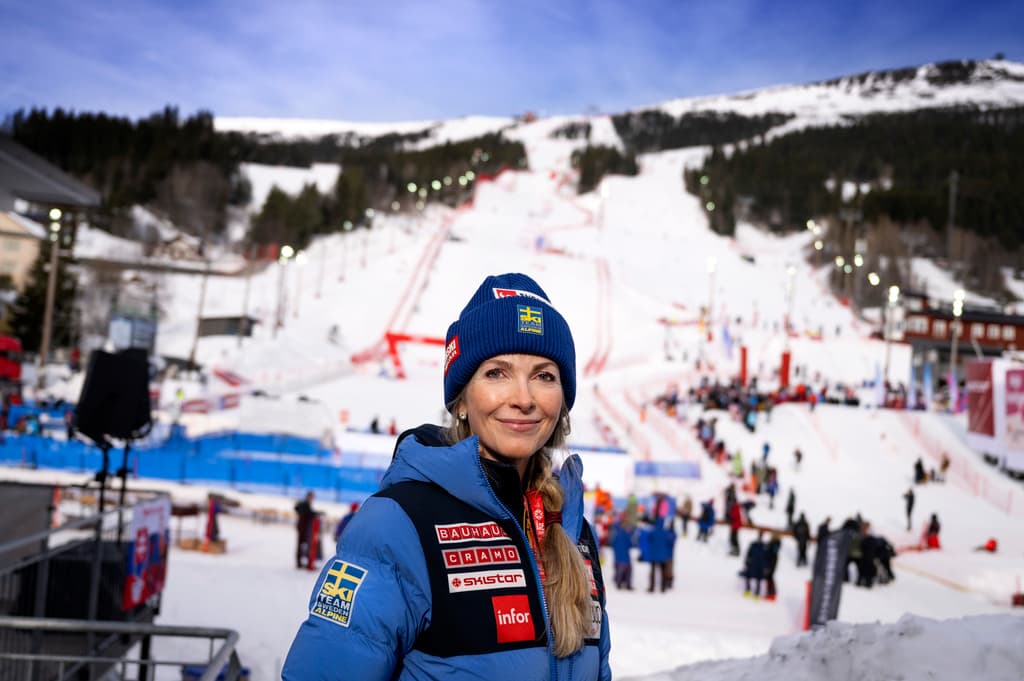On the one hand: Controversial FIS chief Johan Eliasch.
On the other: Eight of the skiing world's heaviest nations, including Sweden.
In the pot: Many millions of kronor.
There has been quite a hard tone between some countries and FIS, says Swedish skiing boss Karin Mattsson about the negotiations for a new TV deal.
The conflict between the leadership of the International Ski and Snowboard Federation (FIS) and the largest skiing nations is about how the negotiations for future TV rights should be conducted. A struggle that affects all skiing disciplines within FIS.
In the pot, there is a lot of money combined with influence over TV rights in one's own country.
The controversial FIS chairman Johan Eliasch wants to introduce centralised negotiations. The goal is to create greater revenue opportunities through TV rights. Even smaller skiing nations would get more money. Additionally, it would create more order and structure, as the skiing sport's TV agreements are a messy story.
So far, each host country of World Championship events has been able to negotiate TV rights themselves. This has meant that most nations have signed agreements that mean World Championship events are broadcast outside of public service. In Sweden's case, World Championship events are broadcast on Viaplay. Austria is the exception, having signed an agreement with the country's state-owned TV company. Norway has taken a middle path.
Has created "Snowflake"
Furthermore, the nations have different lengths for their TV agreements. Sweden's agreement expires after the next two seasons. Other nations' agreements expire in 2031.
Several member nations have protested against centralised negotiations. The atmosphere in the discussion became so inflamed that eight nations (Sweden, Norway, Finland, Austria, Switzerland, Germany, Italy, and Slovenia) formed the group Snowflake. It was speculated that this could be the beginning of a "breakaway league" from the World Championship.
Karin Mattsson now explains that Snowflake's purpose was to become stronger at the negotiating table:
This was to find a good negotiating balance and be able to move forward. It has also happened. The roles are a bit different today. Snowflake has had a significant impact on deepening knowledge and looking at different models and getting the best possible deal, she says.
"Will become a centralised agreement"
Karin Mattsson testifies to a tough atmosphere in the negotiations:
There has been quite a hard tone between some countries and FIS. There have been tough discussions. But it's important to help each other so that we get the best possible working method. It's not easy when so many interests need to be reconciled.
How will the conflict end?
I think it will become a centralised agreement and that it will be better for everyone. We are working on getting an agreement that is better for Sweden compared to what we have today. I can't say more than that since we are in negotiations, answers Karin Mattsson, who is aware that time is running out since the current Swedish TV agreement only has two years left:
It's high time we started moving forward.
When it comes to World Championship events in the different skiing disciplines, they are negotiated centrally by FIS.






